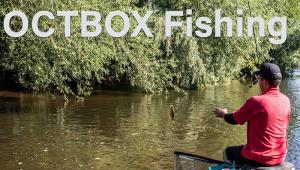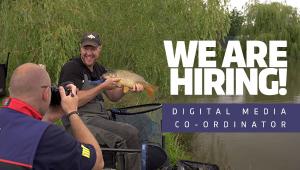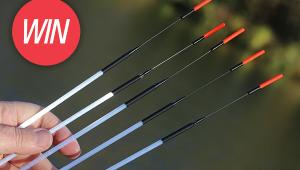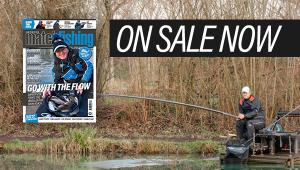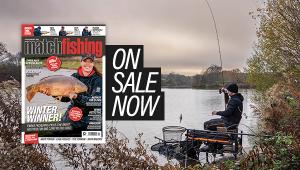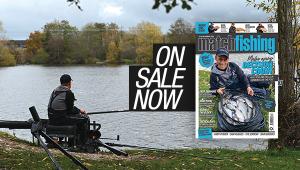Fish Don't Feel Pain!
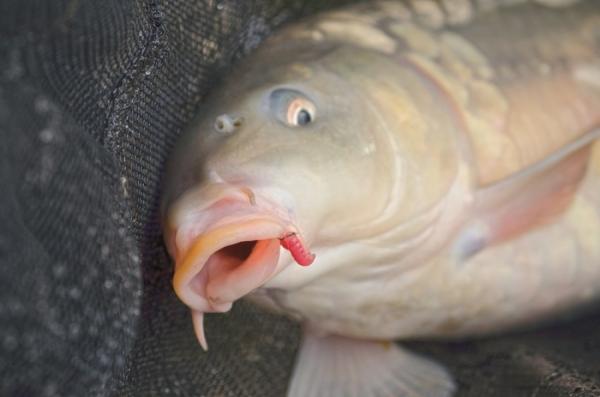
New research is welcome news for anglers.
Over the years, anglers have faced a barrage of abuse from human rights activists, who claim that out sport is cruel, as fish feel pain.
Fortunately, a newly relased study has found that even when impaled on a hook, the fish is unable to detect pain because it does not have the necessary amount of brain power.
Published in the journal Fish and Fisheries, the research was conducted by a team of seven scientists and concluded that the fish’s reaction to being hooked is in fact just an unconscious reaction, rather than a response to pain. It has long been known that fish have nociceptors – sensory organs that respond to pain by sending messages to the brain. Past reports have suggested that these nociceptors enabled the creatures to feel reflexive and cognitive pain.
However, the latest research finds that the mere presence of the receptors does not mean the animals feel pain, there function is to trigger an unconscious reaction to the threat.
Professor James Rose from the University of Wyoming, who headed up the study, also found that the fish brain does not contain the highly developed neocortex needed to feel pain.
He concluded that fish are able to experience unconscious, basic instinctive responses, but that these did not lead to conscious feelings or pain.
Of particular interest to anglers was a part of the study that looked at a study done on fish which were caught with a hook and then released.
Soon after being released, the fish resumed feeding and normal activity within minutes, and went on to show good long-term survival.
Professor Robert Arlinghaus, one of the team’s researchers, said the presumption that fish feel pain has hindered scientists for decades and has stigmatised anglers, causing an unnecessary social conflict between animal welfare campaigners, and anglers.
Mark Lloyd, Chief Executive of the Angling Trust, said: “This debate about fish feeling pain has always been a red herring, so to speak.
“Anglers care passionately about the protection of fish stocks and do more than any other group to protect and improve freshwater and marine environments.
“Modern fishing tackle and techniques mean that fish which are released have an excellent survival rate and if fish are to be eaten, then angling is by far the most sustainable way of catching them.”
Over the years, anglers have faced a barrage of abuse from human rights activists, who claim that out sport is cruel, as fish feel pain.
Fortunately, a newly relased study has found that even when impaled on a hook, the fish is unable to detect pain because it does not have the necessary amount of brain power.
Published in the journal Fish and Fisheries, the research was conducted by a team of seven scientists and concluded that the fish’s reaction to being hooked is in fact just an unconscious reaction, rather than a response to pain. It has long been known that fish have nociceptors – sensory organs that respond to pain by sending messages to the brain. Past reports have suggested that these nociceptors enabled the creatures to feel reflexive and cognitive pain.
However, the latest research finds that the mere presence of the receptors does not mean the animals feel pain, there function is to trigger an unconscious reaction to the threat.
Professor James Rose from the University of Wyoming, who headed up the study, also found that the fish brain does not contain the highly developed neocortex needed to feel pain.
He concluded that fish are able to experience unconscious, basic instinctive responses, but that these did not lead to conscious feelings or pain.
Of particular interest to anglers was a part of the study that looked at a study done on fish which were caught with a hook and then released.
Soon after being released, the fish resumed feeding and normal activity within minutes, and went on to show good long-term survival.
Professor Robert Arlinghaus, one of the team’s researchers, said the presumption that fish feel pain has hindered scientists for decades and has stigmatised anglers, causing an unnecessary social conflict between animal welfare campaigners, and anglers.
Mark Lloyd, Chief Executive of the Angling Trust, said: “This debate about fish feeling pain has always been a red herring, so to speak.
“Anglers care passionately about the protection of fish stocks and do more than any other group to protect and improve freshwater and marine environments.
“Modern fishing tackle and techniques mean that fish which are released have an excellent survival rate and if fish are to be eaten, then angling is by far the most sustainable way of catching them.”
- Log in or register to post comments
LATEST VIDEO

